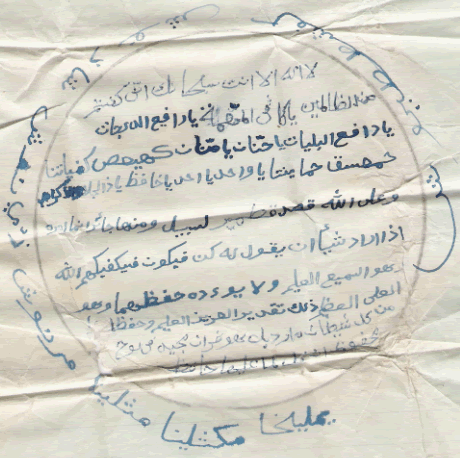When I listen to languages I don’t know sometimes I like their sounds, other times I’m not so keen. I suspect that languages which sound at least vaguely familiar are more likely to appeal to my ears than those that sound completely alien, and that if I learnt any of those languages, my appreciation of them would increase.
As I get to know languages their sounds tend to grow on me, and the more I learn, the more I like them. In some cases, such as Irish and Scottish Gaelic, I liked the sounds of languages long before I could understand or speak them, in others, such as Taiwanese and Cantonese, I wasn’t overly keen on what they sounded like at first, but came to like their sounds. If I listen to other varieties of Chinese that I don’t know, then to one I do, it feels like ‘coming home’.


